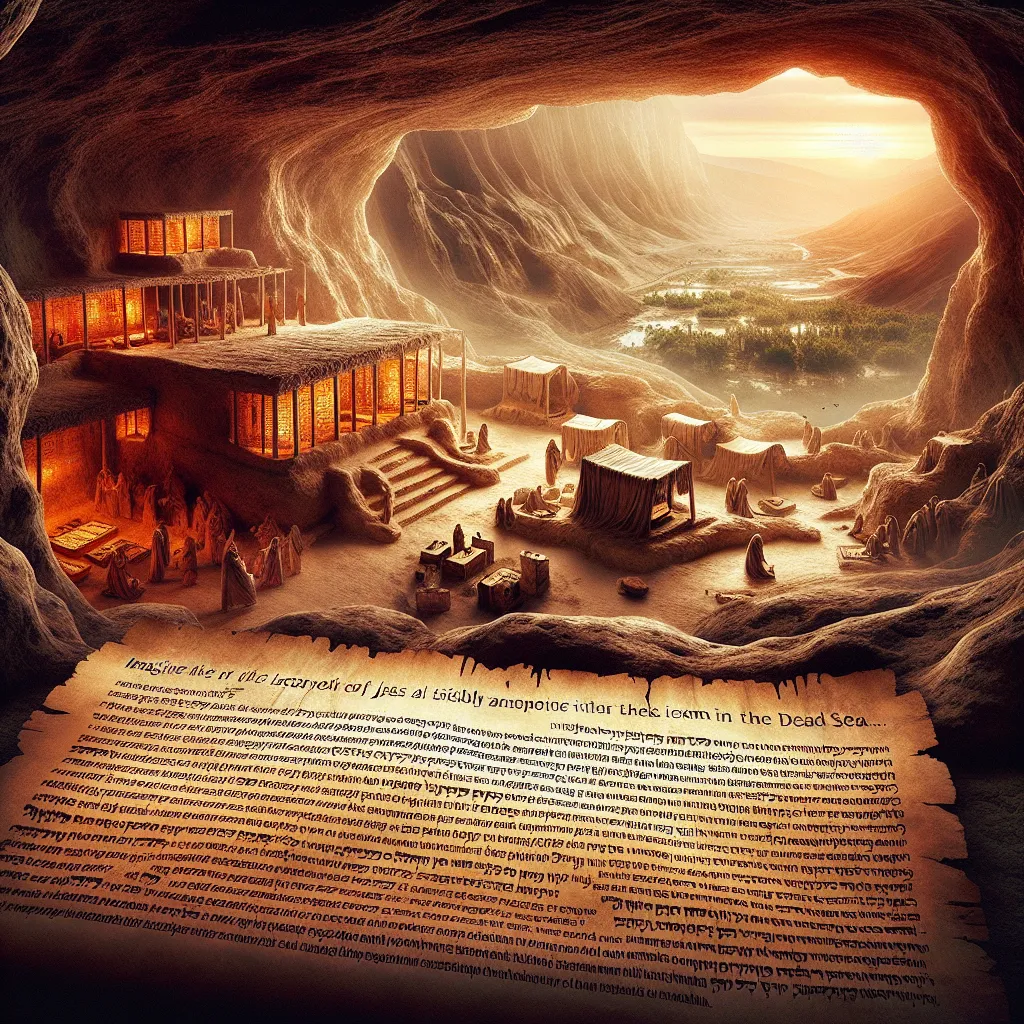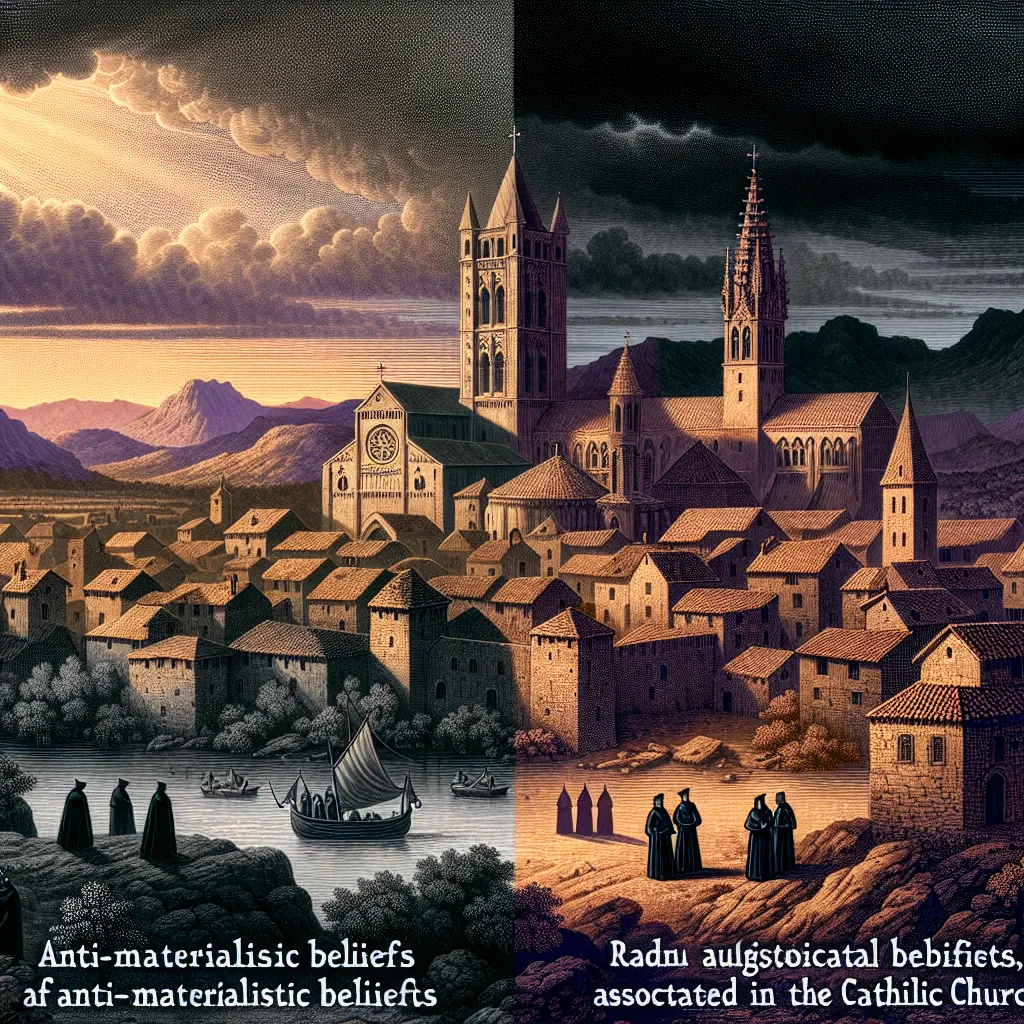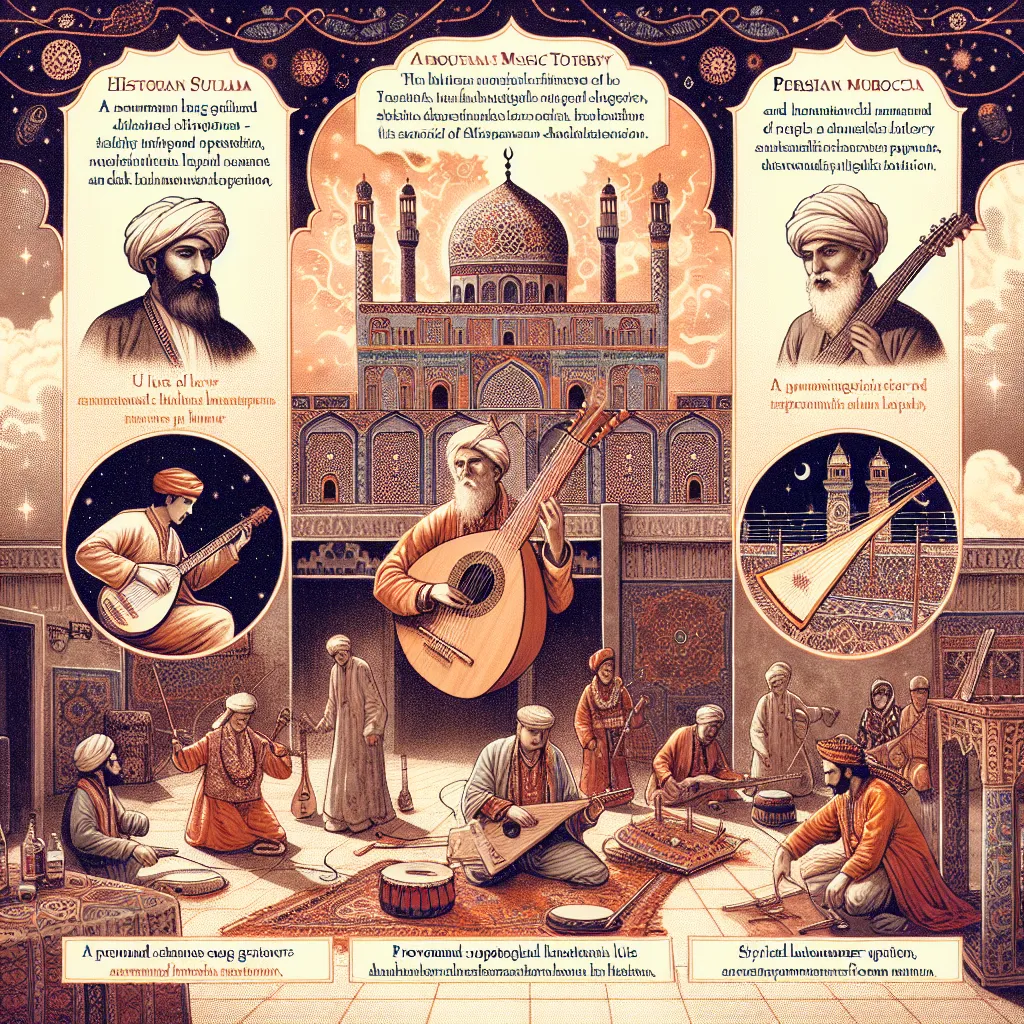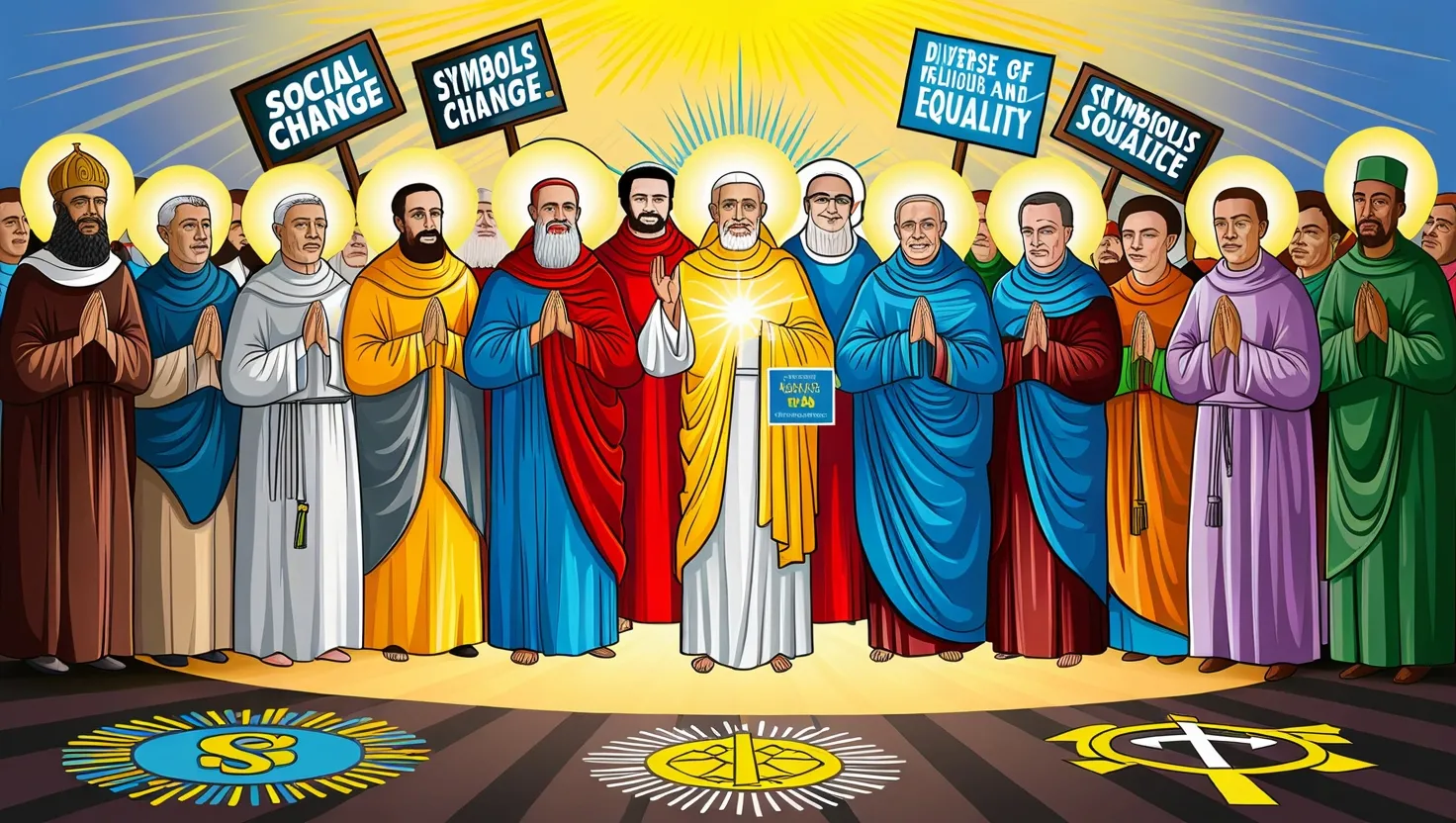In 1946, a monumental archeological discovery near the Dead Sea captivated scholars and history buffs alike—the Dead Sea Scrolls. These ancient texts, unearthed in remote caves, include some of the earliest biblical scriptures and a treasure trove of other writings that illuminate the religious landscape of Judea around the dawn of the Common Era.
The prevailing theory is that the Essenes, a mysterious Jewish sect mentioned in several ancient sources, had a connection to these scrolls. The Essenes are thought to have lived nearby in Qumran, an archeological site that corroborates much of what we know about them.
Judaism during this era looked quite different from modern practices, as Rabbinic Judaism hadn’t yet taken shape. Various Jewish groups, each with distinct beliefs and practices, coexisted. The Pharisees and Sadducees are well-documented, but the Essenes remained enigmatic.
Detailed historical accounts by writers like Flavius Josephus, Philo of Alexandria, and Pliny the Elder provide a peek into the lives of the Essenes. They lived ascetically, prioritizing ritual purity and communal living. Members would renounce personal possessions, engaging in daily prayers, scripture study, and communal meals. Celibacy was common among them, though some did marry.
The Essenes followed Jewish laws with unparalleled strictness, maintained ritual purity through regular cleansing in water (Mikvah baths), and held communal meals as sacred. They believed in predestination—a unique feature among Jewish sects, indicating that fate governed all events and human actions.
The Dead Sea Scrolls themselves include a mix of biblical texts and other writings, some previously unknown. They provide early copies of the Hebrew Bible, dating back centuries before any other known manuscripts.
The Qumran community saw themselves as a purified, spiritual replacement for the Jerusalem Temple, which they considered corrupted. They followed a solar calendar different from the lunar calendar used by other Jews, adding another layer of separation.
As the Roman armies advanced in 68 A.D., it’s likely the Qumran community hid their valuable scrolls in nearby caves to protect them. The Great War led to the near destruction of numerous Jewish sects, including the Essenes.
While some scholars debate the exact identity of the Qumran community, many agree they were Essenes, partly due to Pliny’s geographical descriptions. The texts they left behind are an invaluable resource, offering insights into Jewish thought and practices just before and after the time of Jesus.
The Dead Sea Scrolls have thus transformed our understanding of ancient Judaism and the broader historical and religious context of the era. Their discovery is heralded as one of the most extraordinary archeological finds of the 20th century, if not of all time.






